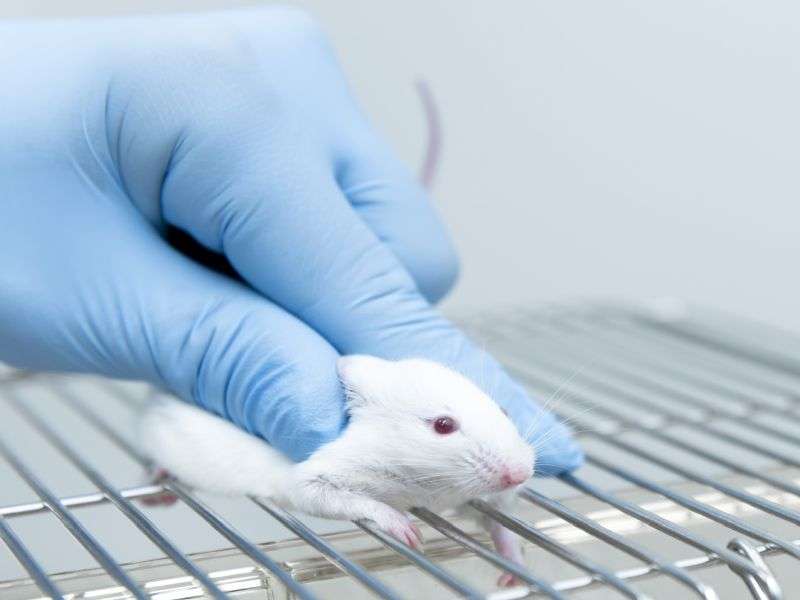(HealthDay)—The bacterial cell wall-derived muramyl dipeptide (MDP) postbiotic lowers adipose inflammation and reduces glucose intolerance in obese mice, according to an experimental study published online April 20 in Cell Metabolism.
Joseph F. Cavallari, from McMaster University in Ontario, Canada, and colleagues examined the role of MDP, which is an insulin-sensitizing postbiotic that requires NOD2 in obese mice.
The researchers found that in obese mice, injection of MDP lowered adipose inflammation and reduced glucose intolerance without resulting in weight loss or changing the microbiome composition. During obesity and low-level endotoxemia, MDP correlated with a reduction in hepatic insulin resistance. Glucose tolerance was worsened with NOD1-activating muropeptides. For different types of peptidoglycan, IRF4 distinguished opposing glycemic responses; IRF4 was required for MDP/NOD2-induced insulin sensitization and lower metabolic tissue inflammation during obesity and endotoxemia. For exacerbated glucose intolerance via NOD1, IRF4 was dispensable. In obese mice, the MDP-based orphan drug mifamurtide was an insulin sensitizer at clinically relevant doses.
"Our results highlight that discovery and repurposing of microbial-derived natural products should be considered in obesity-related metabolic disease and that postbiotics may represent an underutilized avenue of potential drug alternatives," the authors write.
More information: Abstract/Full Text (subscription or payment may be required)
Journal information: Cell Metabolism
Copyright © 2017 HealthDay. All rights reserved.





















